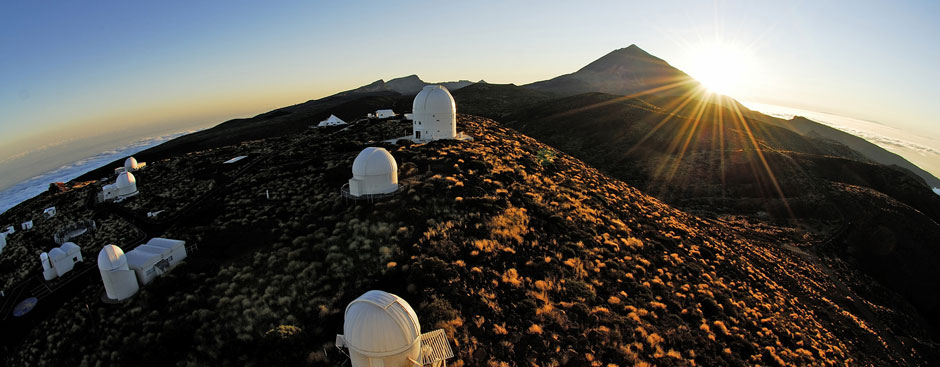Speaker
Description
The RADES (Relic Axion Detector Experimental Setup) collaboration is dedicated to the search for axions, hypothetical particles that are compelling dark matter candidates and a natural solution to the strong CP problem in QCD. Our approach focuses on haloscope detectors, a well-established technique that exploits the axion-photon conversion in strong magnetic fields and resonant cavities. Over the past years, RADES has pioneered the development of novel microwave resonator arrays tailored to axion detection, with experimental campaigns carried out at facilities such as CERN's CAST experiment and SM18 magnet test facility, and foreseen in future axion helioscopes like BabyIAXO.
Building upon this foundation, our current efforts are directed toward integrating quantum sensing technologies to significantly improve sensitivity. The DarkQuantum ERC Synergy Grant was awarded to researchers of the RADES collaboration to foster the development of non-demolition quantum sensors based on superconducting transmon qubits for axion searches. These sensors allow the detection of single microwave photons generated by axion conversions inside resonant cavities without absorbing them, thus preserving the signal and enabling repeated measurements, making the result robust against spontaneous quantum errors.
In this talk, I will present an overview of the RADES collaboration and our motivation for pursuing axions as a primary dark matter candidate. I will briefly summarize our haloscope developments and introduce our latest advances in quantum sensing. Notably, I will report on results from our first working prototype of a quantum non-demolition readout system using a transmon qubit coupled to a 3D microwave cavity. These results mark a promising step toward implementing quantum-limited axion searches and could pave the way for a new generation of dark matter detectors.

